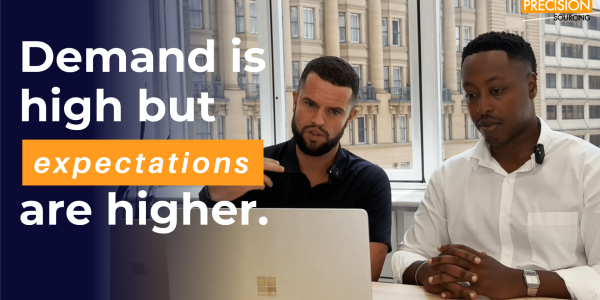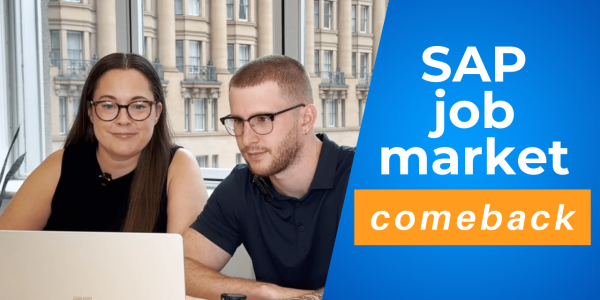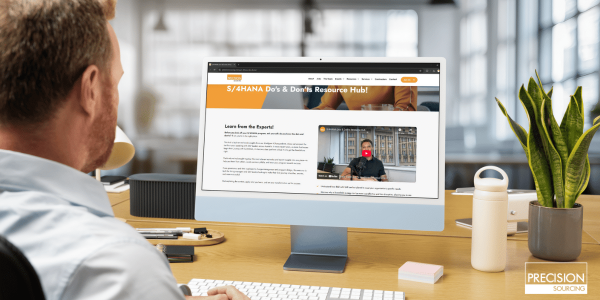Tips to land your dream job!
The Data Analytics market is a tricky one to grasp. I hope to provide you with useful tips to land your dream job. The market itself is so competitive that candidates from all around the world apply for roles. In hopes to land and secure their first job here in Australia within the Data Space.
“What else can I do to improve my chances of landing a job?”- I get asked that question a lot.
I’ve put together a list of tips to land your dream job. This is based upon my own experience, opinions of my peers and knowledge I’ve gained throughout my recruitment career.
CV
I can not stress the importance of understanding how to write a good CV. This is your first point of contact with the business and it’s essential that you outline your skills, knowledge and capabilities in an easy to understand manner.
What you need to consider:
– Structure is very important
Example of how a CV structure: Personal Summary, Tools, Experience, Achievements, References (Available Upon Request)
– Style of writing is critical
– Make sure there are no photos on your CV
– Have only your Name and Contact Details (phone number and email) on your CV.
Preparation
Did you prepare for the interview?
Many candidates to my surprise don’t understand exactly what they are applying for. Preparation is key and allows you to showcase your technical ability and outline your understanding of the business. HR managers now evaluate more than just your technical ability so its important to make sure you show them the real you!
– Research the business to understand their vision, values, current projects, business objectives and point of differentiation etc.
– If you have questions about a certain aspect of the role, prepare questions to ask the interviewer. I recommend preparing at least 10 questions so by the end of the interview, 7 may have already been answered a long the way leaving you 3 to still ask.
Interviewing Stages
Make sure you research who you will be meeting. Building rapport with the interviewer is very important and easy to do, especially with tools such as LinkedIn.
– Open up with an icebreaker e.g. If you share the same interests in soccer, the world cup is a great thing to start talking about!
– Be ready to answer both behavioural and technical questions.
– Prepare key points about the business, mission statements, values, project pipelines.
Presentations
· Practice makes perfect.
· Record yourself. I find it helpful to voice record your presentation as it can help you identify key areas where you might be stuttering or talking too fast.
· Justify why you’re presenting your data in a particular way. Outline key steps and articulate your thought process to justify your technical capabilities
Determination & Resilience
If you aren’t successful, take a step back and think about possible reasons of why.
– Is your CV written in an easy to understand way with the necessary relevance to the role you applied for?
– Is this role the right one for your ability and skill set?
– Ask for feedback and use this to prepare yourself for the next interview.
– How well did you prepare for this interview? When I was interviewing for my first corporate job, I was asked this question which resonated with me.
Question: If you were interviewing with a CEO or Founder of a company for a role at the organisation, how much money is it going to cost them?
Answer: Your Salary.
From a CEO’s perspective, one wrong hire can cost the business a lot of money (salary). Organisations will invest time and money into both your career and personal development.
It is important to spend time preparing for interviews, getting to know who you are meeting and researching the business projects. Failing to do so could mean missing out on that dream job!
All the best preparing for your interviews!











